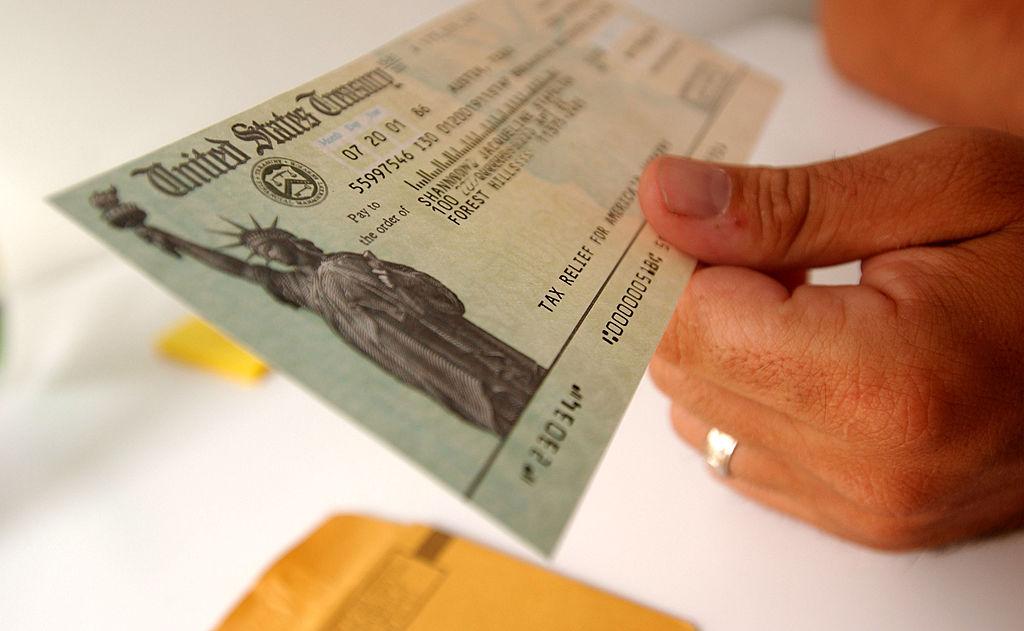Tax Refund Audit: Customer Service Failures

Fraud Suspicions and Lack of Chip Technology
The Middle Class Tax Refund (MCTR) program, a stimulus designed to ease the financial burden of inflation and rising petrol prices in California, has serious flaws, according to a recent assessment by the California State Auditor. Even though $9.2 billion worth of tax refunds were distributed, the program had significant challenges, particularly in the areas of poor customer service and increased suspicions of fraud.
The MCTR, which Governor Gavin Newsom conceived in March 2022, aimed to give eligible residents up to $1,050. But there were obstacles in the way of its implementation, namely with regard to the availability of funds via issued debit cards. An audit revealed that 900,000 of the 2 million calls made to the Money Network, LLC-managed helpline were unanswered, depriving many receivers of vital support.
Moreover, tax refund audit concerns about fraud emerged when a considerable quantity of debit cards were distributed without the originally intended fraud-prevention chip technology. Both the state and Money Network were chastised by the audit for their incapacity to precisely determine the scope of fraud because of their poor customer service and deficiency in monitoring systems.
The assessment also expressed disapproval of the payment schedule specified in the agreement with Money Network, claiming that it did not adequately protect the interests of the state. Notably, it brought attention to the fact that almost ninety percent of the contract’s entire cost was paid for in the first fifteen months of the forty-nine-month agreement—a clause that did not address damages in the event that Money Network did not fulfil its contractual commitments.
READ ALSO: $528 Ann Arbor’s Groundbreaking GIG A2 Program: Boosting Entrepreneurship And Inform Policy Making – Check It Out!
Tax Refund Audit Recommendations for Future Financial Relief Initiatives
Assembly member Jim Patterson has demanded that the state’s affiliation with Money Network be reevaluated in light of these revelations. For upcoming large-scale financial relief projects, the audit’s recommendations include for California to enter into master agreements with debit-card providers and investigate various payment options.
Despite the efforts of the Franchise Tax Board (FTB) to address these concerns, a significant proportion of MCTR cards—worth $611 million in payments—remain deactivated. As part of its commitment to provide useful lessons for future large-scale financial assistance programs, the FTB has agreed to send reminder letters to encourage activation.